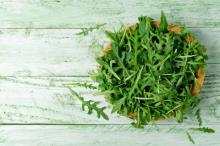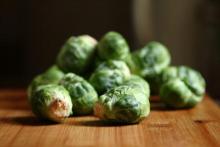Superfood 101: Cabbage!
Cabbage is a member of the Brassicaceae family, commonly known as the mustard family. There are 107 genera in the family; the cabbage is in the genus Brassica L. The origin of the plant is quite complicated because of the number of genera. The earliest cultivation of cabbage took place in Northern China, approximately 4000 years ago. In Europe the plant was cultivated about 3000 years ago and became a world staple. In the wild it was a leafy plant like kale and was produced in the form of a head in 14th century England.






